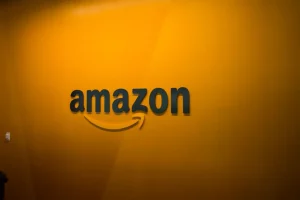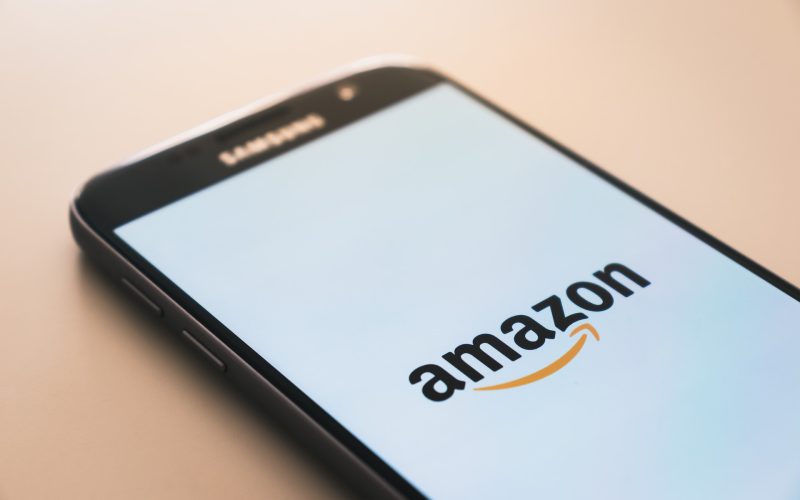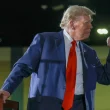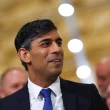Amazon, the behemoth of e-commerce, has long been expanding its reach into various industries. One of its ventures has been its founder Jeff Bezos’s acquisition of The Washington Post in 2013. Alongside this media endeavor, Bezos has also shown interest in sports ownership, particularly in the National Football League (NFL). However, recent developments suggest that Bezos’s plans for Washington, including his ambitions in media and sports, have encountered significant obstacles.
The Washington Post Acquisition: A Media Power Play

When Jeff Bezos acquired The Washington Post for $250 million in 2013, it raised eyebrows across the media landscape. The move was seen as Bezos’s foray into the traditional realm of print media, signaling a shift from his primary focus on e-commerce through Amazon. Bezos’s ownership brought both skepticism and optimism, with questions arising about the impact of his leadership on the newspaper’s editorial independence and journalistic integrity.
Regulatory Hurdles and Public Perception
The regulatory environment surrounding Amazon has become increasingly stringent, with antitrust investigations and calls for greater oversight of the tech giant. These regulatory hurdles not only pose challenges for Amazon’s core business but also cast a shadow over Bezos’s other endeavors, including The Washington Post and his NFL aspirations. Critics argue that Amazon’s dominance in e-commerce and cloud computing gives it unfair advantages in other industries, potentially stifling competition and innovation. As Bezos grapples with these regulatory challenges, public perception of his ventures in Washington may be further influenced by ongoing debates about corporate power and accountability.
Future Prospects and Strategic Considerations
Despite the obstacles facing Bezos’s plans for Washington, including the challenges surrounding The Washington Post and his NFL ambitions, the future remains full of possibilities. Bezos’s track record of innovation and resilience suggests that he is not one to shy away from adversity. As he navigates the complexities of media ownership and sports management, Bezos may need to recalibrate his strategies and priorities to align with evolving regulatory landscapes and public expectations. Whether he succeeds in realizing his vision for Washington will depend on his ability to adapt to changing circumstances and leverage his resources effectively in pursuit of his goals.
Despite initial concerns, Bezos’s tenure at The Washington Post has seen digital innovation and increased readership. The newspaper has adapted to the changing media landscape by investing heavily in its online presence and experimenting with new revenue streams, such as digital subscriptions and sponsored content. Under Bezos’s ownership, The Washington Post has won numerous Pulitzer Prizes and solidified its position as a leading source of news and analysis.
Amazon’s NFL Ambitions: A Bid for Sporting Supremacy
In addition to his media ventures, Jeff Bezos has expressed interest in sports ownership, particularly in the NFL. The allure of owning an NFL team, with its vast fan base and lucrative broadcasting rights, is evident. Bezos’s wealth and influence position him as a formidable contender in any bid for NFL ownership. However, his attempts to enter the league have faced challenges, including stiff competition from other prospective buyers and the NFL’s rigorous vetting process for team owners.
Bezos’s interest in the NFL is not merely financial but also strategic. Owning an NFL team would provide him with a platform to further promote Amazon’s brand and expand its reach into the world of sports entertainment. Moreover, Bezos’s ownership could potentially revolutionize the fan experience through innovative technology and digital integration.
Trouble in Washington: Challenges and Controversies
Despite Bezos’s successes in media and his ambitions in sports ownership, his plans for Washington have encountered trouble on multiple fronts. Recent controversies surrounding Amazon, including allegations of anti-competitive practices and labor disputes, have tarnished the company’s reputation and raised concerns among regulators and lawmakers. These issues have spilled over into Bezos’s other ventures, including The Washington Post and his NFL aspirations.
Furthermore, Bezos’s personal life has come under scrutiny, with tabloid headlines and public divorces drawing attention away from his business ventures. The attention on Bezos’s personal affairs has overshadowed his professional endeavors and raised questions about his ability to lead effectively in both the media and sports industries.
Analysis and Comparative Table
| Aspect | The Washington Post | NFL Ownership |
|---|---|---|
| Ownership | Owned by Jeff Bezos since 2013. | Bezos has expressed interest in owning an NFL team but has faced challenges in acquiring ownership. |
| Impact | Bezos’s ownership has seen digital innovation and increased readership. | Bezos’s ownership could provide a platform for promoting Amazon’s brand and revolutionizing the fan experience. |
| Challenges | Controversies surrounding Amazon have raised concerns about The Washington Post’s independence and integrity. | Bezos’s attempts to enter the NFL have faced challenges, including competition from other buyers and league scrutiny. |
| Public Perception | The Washington Post has won numerous awards under Bezos’s ownership but has also faced criticism for its coverage. | Bezos’s interest in NFL ownership has drawn both admiration and skepticism, with questions about his motives and impact. |
Conclusion
Jeff Bezos’s plans for Washington, encompassing his ownership of The Washington Post and his ambitions in the NFL, have encountered significant challenges and controversies. Despite his successes in media and e-commerce, Bezos faces scrutiny from regulators, lawmakers, and the public, raising questions about his leadership and the future of his ventures in Washington. As Bezos navigates these challenges, the fate of his media empire and his dreams of NFL ownership hang in the balance












